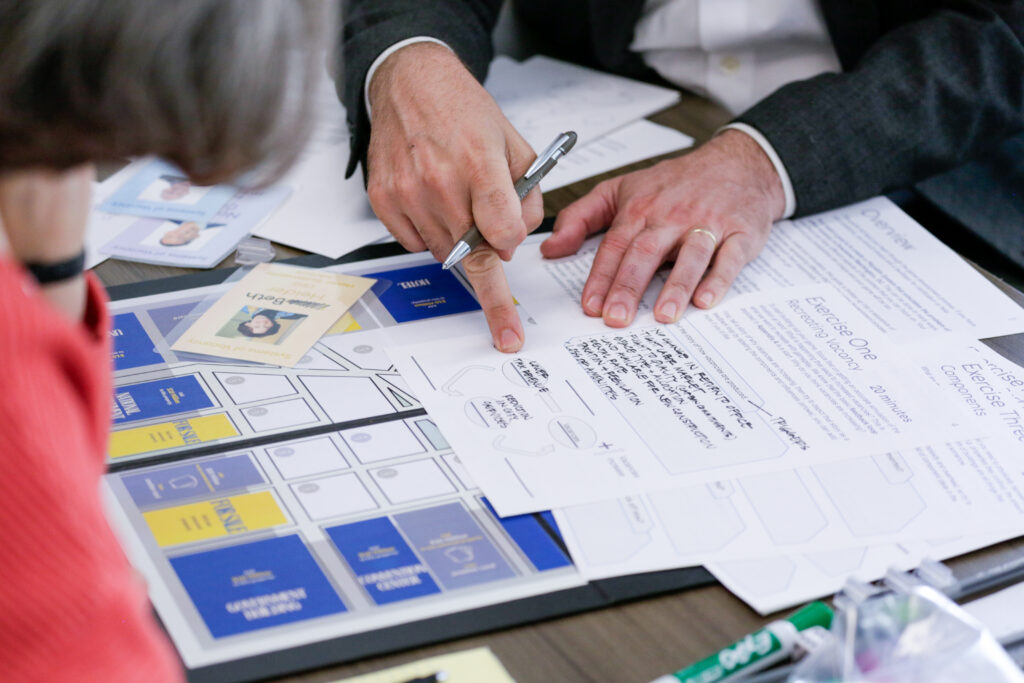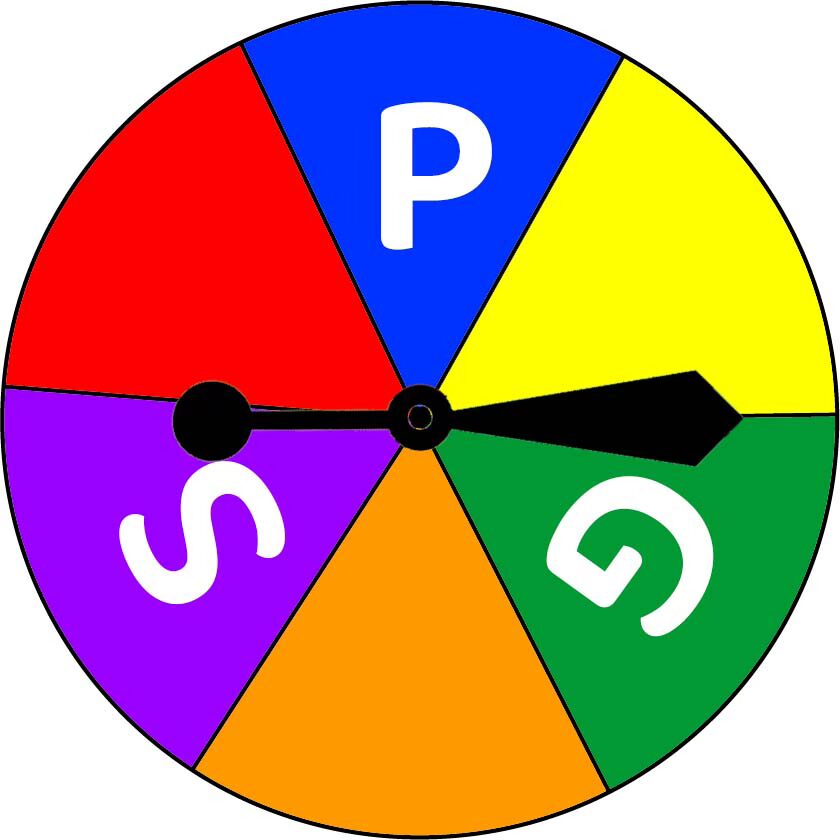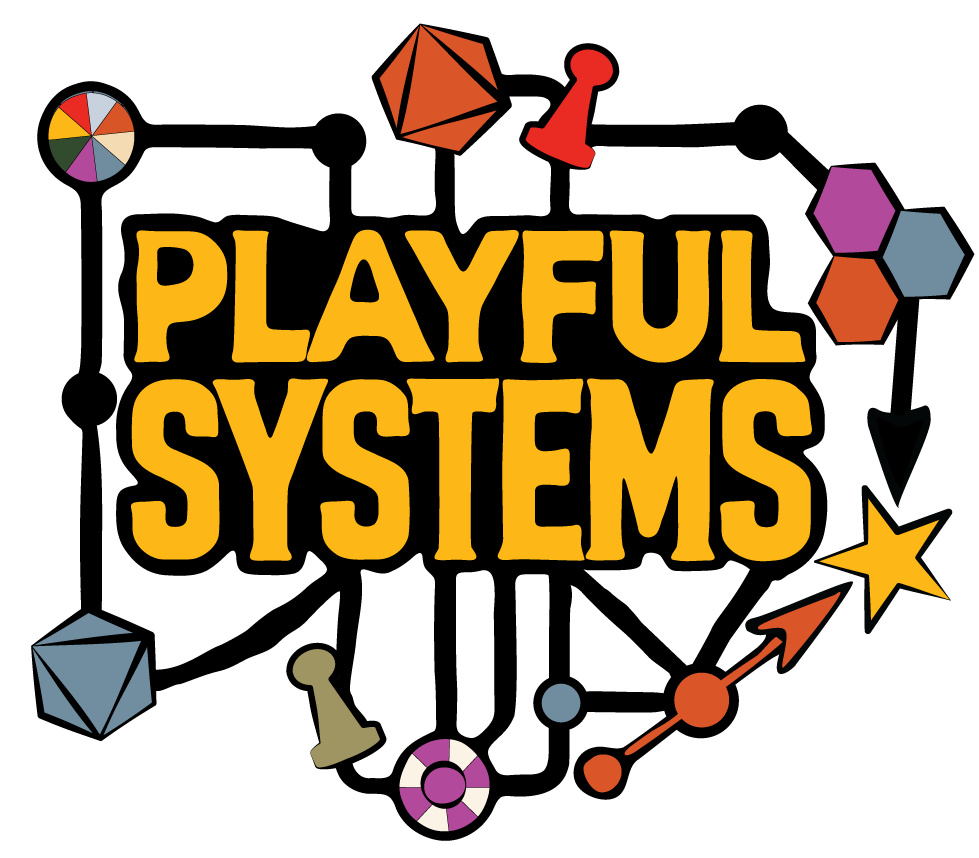
Playful Systems Group
We are leveraging the power of game design to build a better world. You should too.
Contact us if you’d like to learn more about our game design workshops.
We can show you how to use game design to tackle your most tricky systemic problems, once and for all.
Check out some of our workshops below.
Examples of our work
Here are a few of the systems we’ve been playing with.

“Systems of Vacancy”
A game that helps building owners understand the patterns of their tenants.
May 2024
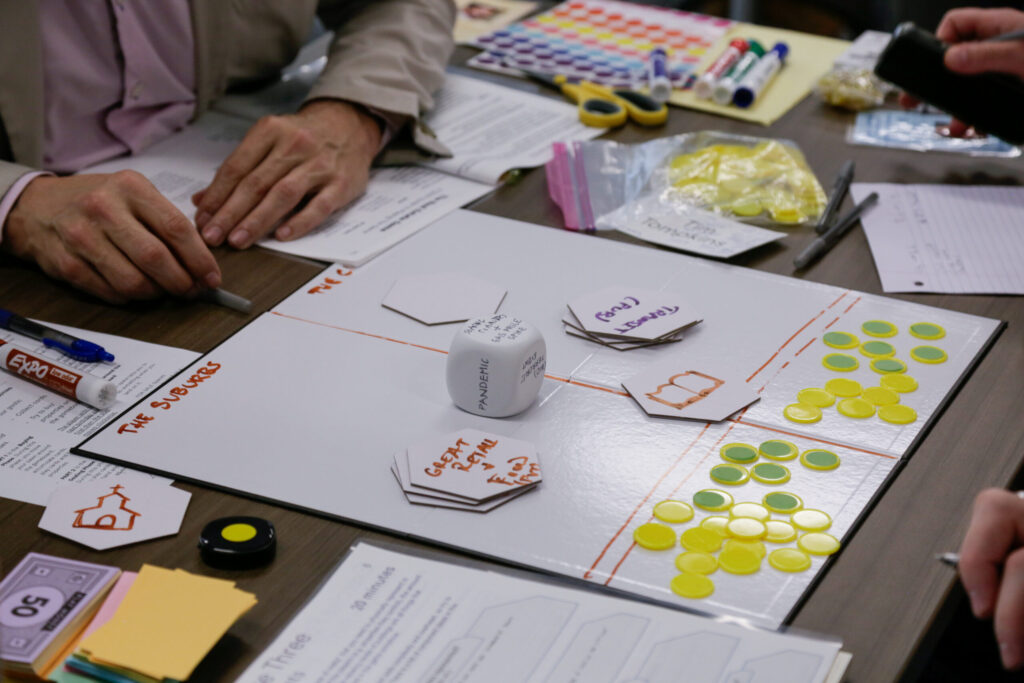
“City vs. Suburbs
A game that critiques the boundaries between cities and their suburbs to simulate commuter patterns.
May 2024
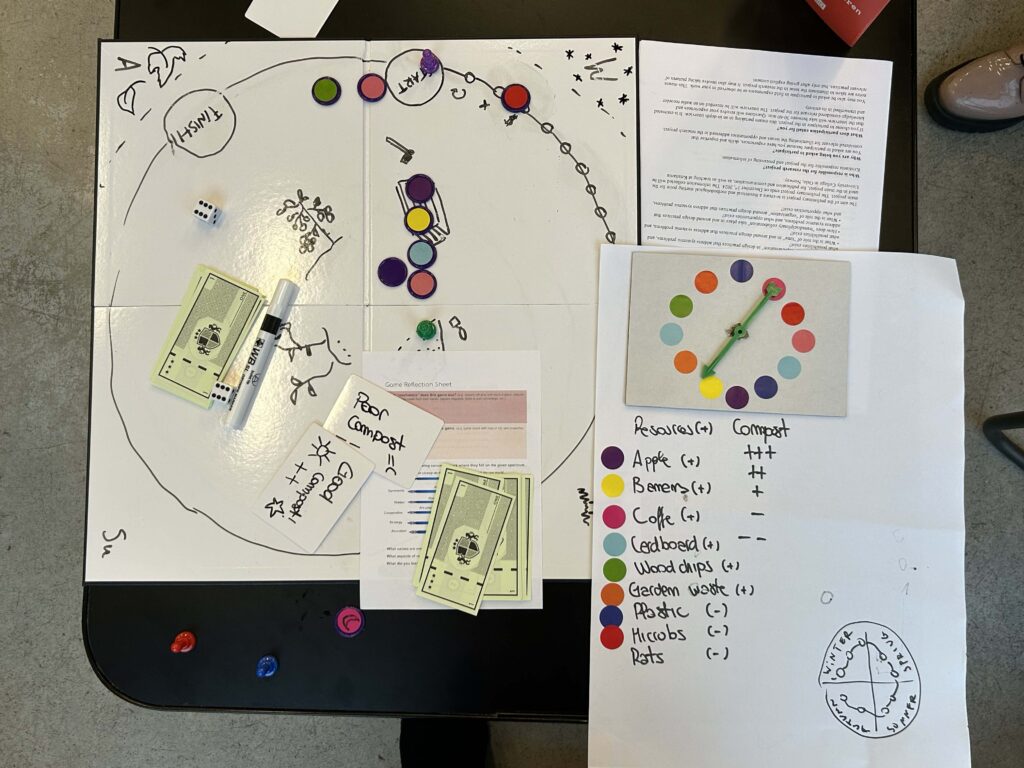
“Food Cycles”
A game design workshop for learning how to use our gamekits. This is one group’s work to simulate circular farming/waste handling.
October 2024
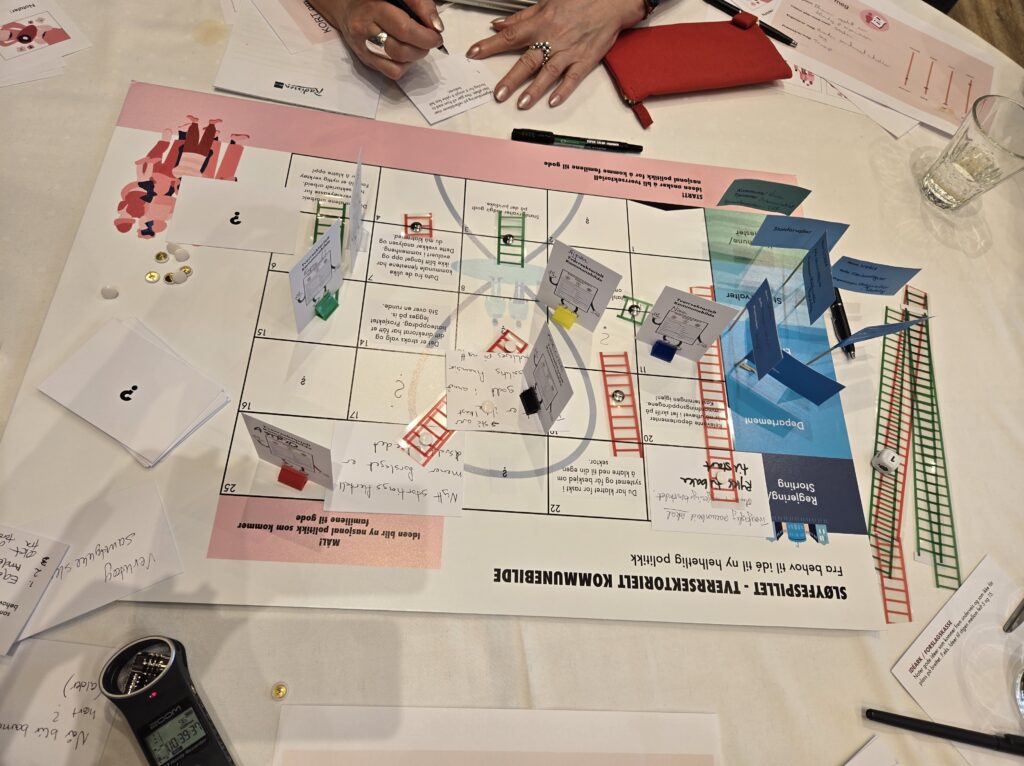
“Sløyfespillet”/ “the Feedback game”
A game design workshop with the Norwegian Directorate of Health exploring how ideas can become national inter-sectorial policies that will benefit families with severely sick children.
March 2025
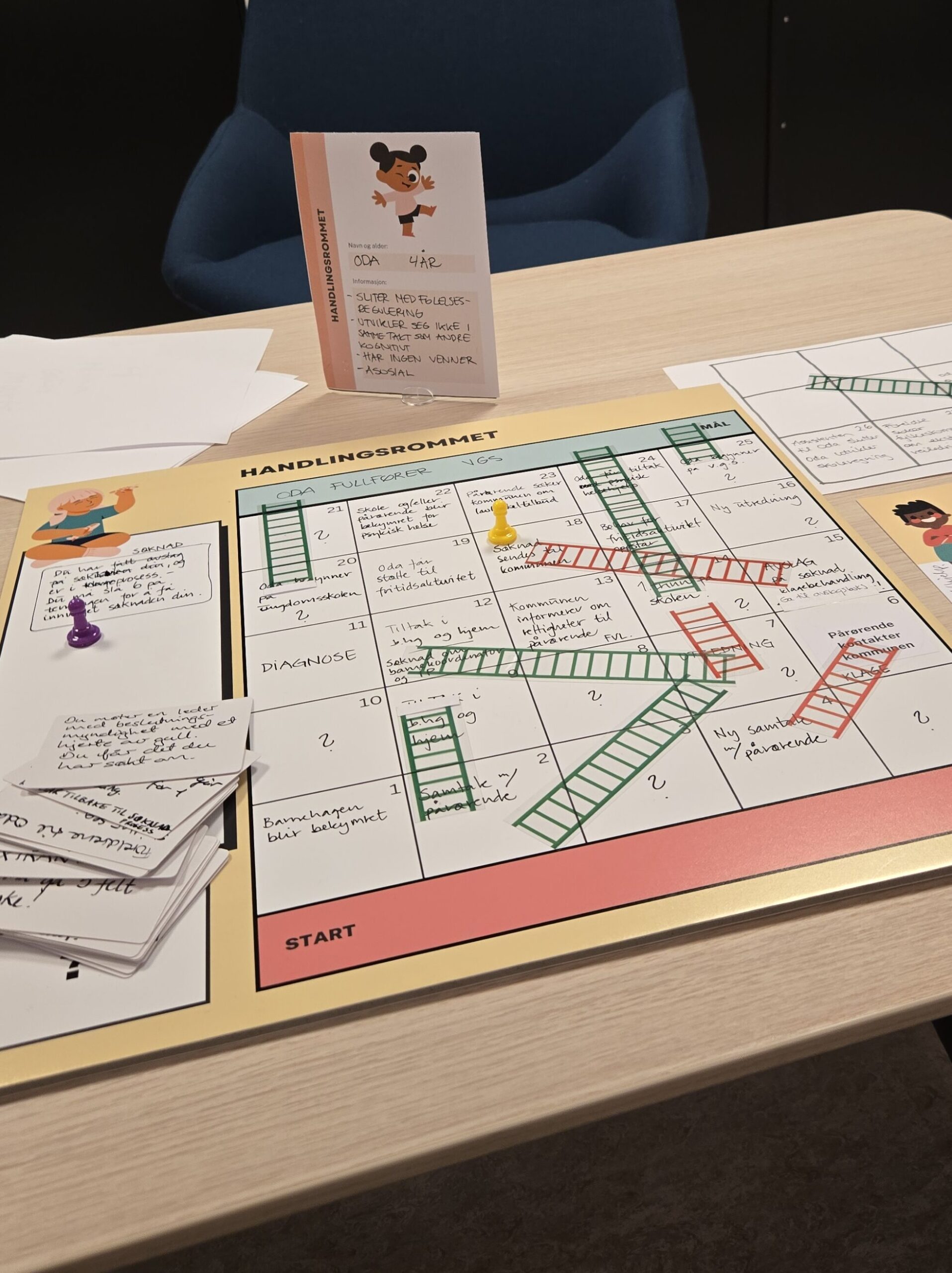
“Handlingsrommet” / “the Space for Action”
Game design workshop with a Norwegian Municipality and relevant stakeholders, to map the process of coordinating services for children with special needs.
January 2025
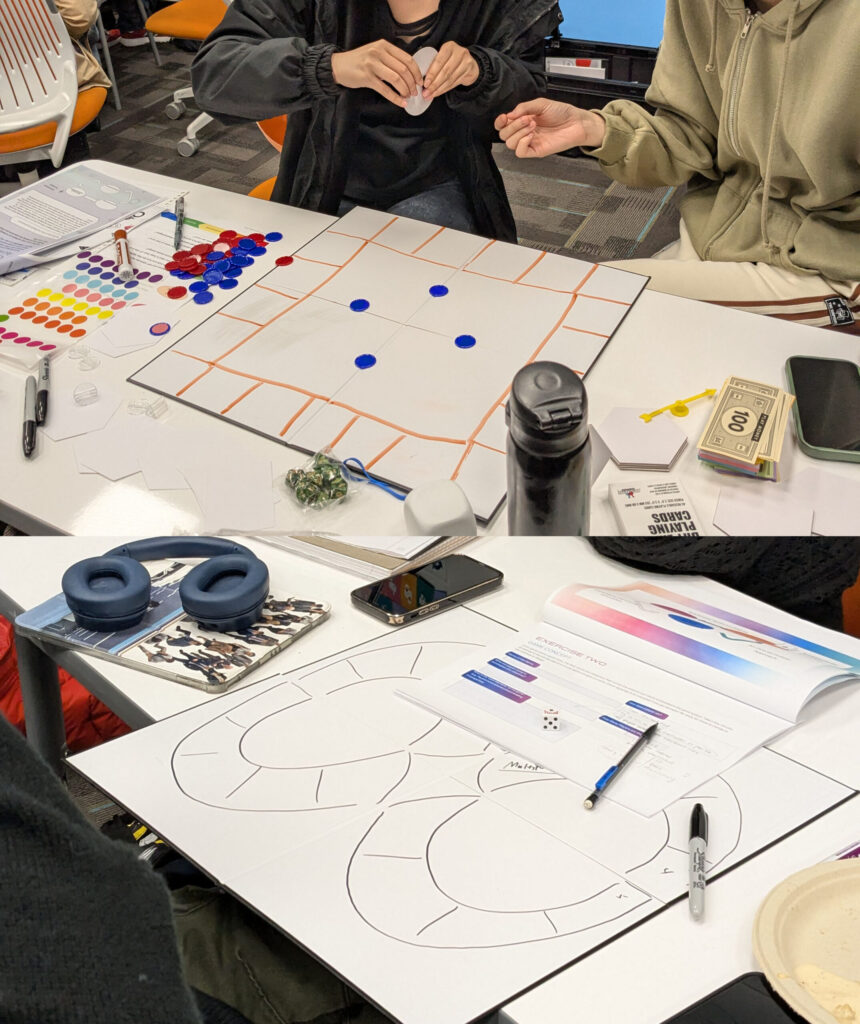
“Games for Change”
Student-run workshop games analyzing mental health education (top) and work-life balance (bottom).
May 2024
Who we are
We are design researchers and practitioners pushing the limits of what games can do.
The Playful Systems Group was founded in 2023 by Evan Barba (Georgetown) and Adeline Hvidsten (Kristiania University of Technology). Reseach assistant Sarit Youdelevich (Kristiania) joined our team in 2024.
Since then, we have found dozens of like-minded people playing with complexity. As designers, researchers, and facilitators we are always looking for clients, collaborators, and participants who are committed to making substantive systems change. Although we work out of Oslo and Washington DC, that doesn’t mean we can’t meet you where you’re at.

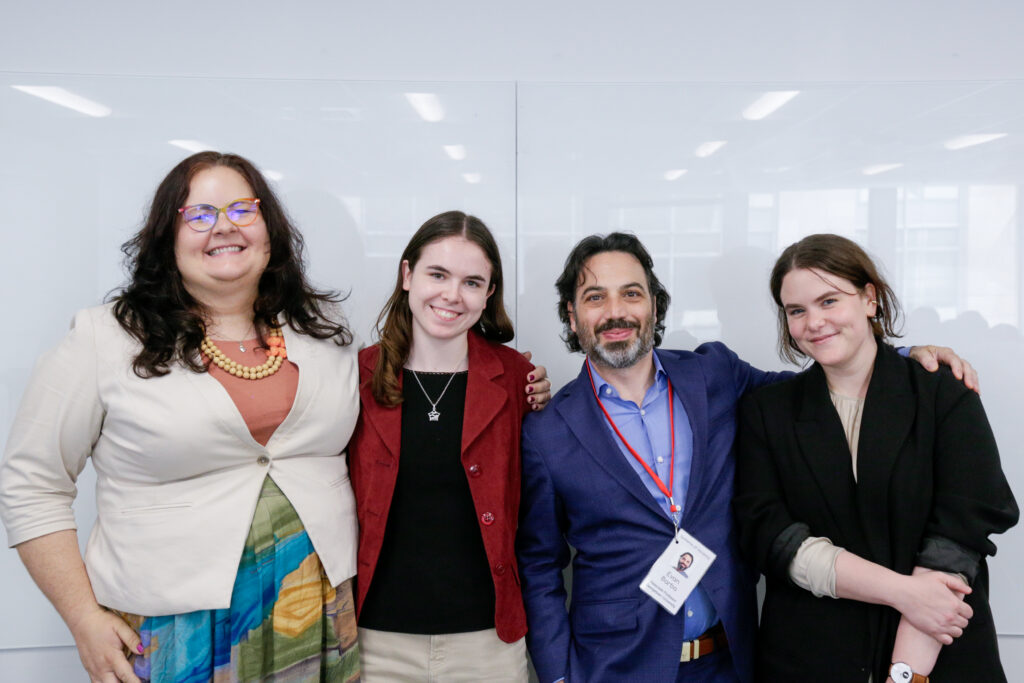
Why Game Design?
Facilitating change one game at a time.
Playful Systems help us grapple with complexity and the problems it creates.
It’s simple:
- Teaching people to design games empowers them to give form to their everyday experiences.
- Playing games helps others share their experiences in ways that are fun, safe, and surprisingly real.
- Changing the rules of those games helps us invent new ways of thinking and acting that we can take back into the world.
- When we play again, everything is different.
Publications
Evan Barba, Adeline Hvidsten; A Research Agenda for Playful Systems Design. Design Issues 2025; 41 (3): 42–55. doi: https://doi.org/10.1162/DESI.a.4
Youdelevich, Sarit & Hvidsten, Adeline (2024). Monopoly Reimagined: Cultivating Gaming Literacy for Tackling Real-World Complexities. Proceedings of the European Conference on Games Based Learning (ECGBL). ISSN 2049-0992. doi: 10.34190/ecgbl.18.1.2857
Barba, Evan, Hvidsten, Adeline, Vink, Josina, Kirah, Anna & Rouse, Rebecca (2024). Playable Systems: Game Co-Design for systemic intervention. I Gray, C.M., Ciliotta Chehade, E., Hekkert, P., Forlano, L., Ciuccarelli, P. & Lloyd, P. (red.) DRS2024: Boston. Design Research Society. ISBN 978-1-912294-62-6. doi: 10.21606/drs.2024.1455
Partners
As part of our ongoing research into playful systems design, we are working with both public and private organizations.
